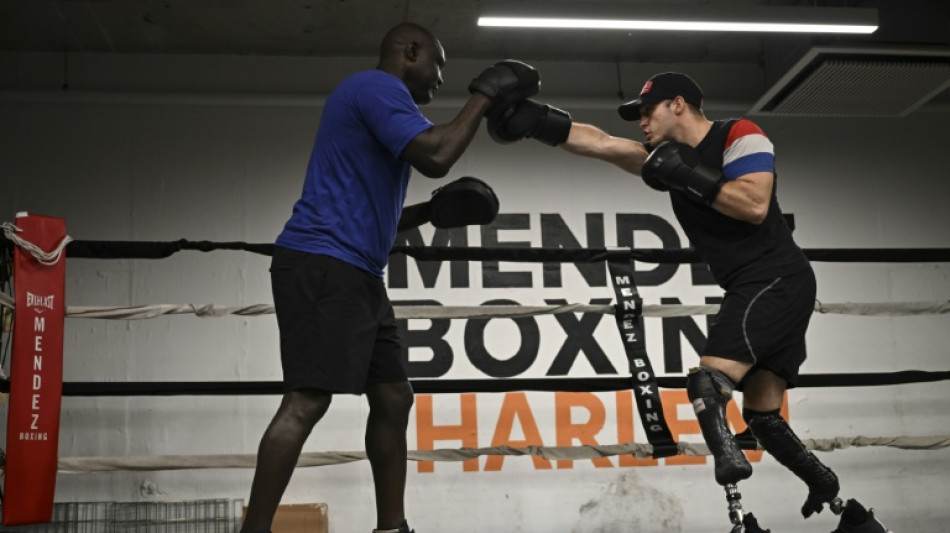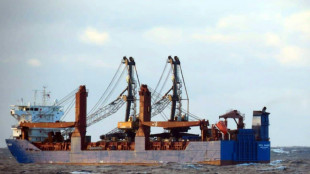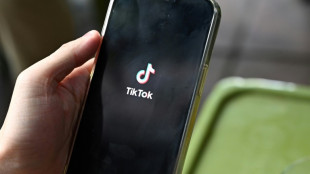

'Fighting spirit': Disabled French boxer yearns for glory
Boxer Pierre-Mickael Hugues trains in New York like any other able-bodied athlete -- but has prosthetic legs from below the knee.
"Your hands, Pierre! Hit him in the body!" shouts his trainer.
The accomplished amateur was invited to spend two weeks in the United States by former French heavyweight Christophe Mendy.
"I've always seen myself as an able-bodied athlete, with the same passion -- sometimes greater -- to achieve the same result," Hugues, 31, said in a soft, determined voice, against the low din of a Harlem boxing gym.
With his super welterweight physique, he is the first disabled boxer in the world to be registered in the able-bodied elite amateur category.
Hugues, who was born without lower legs, crossed the Atlantic at the end of November for his first tour to make a name for himself in the United States.
Because of a lack of funding in his native France, he hopes to find financing for his passion while in the United States and turn professional within two years.
The nurse and Red Cross worker even dreams of going to the Los Angeles Olympics in 2028 knowing that by then he would be 35 years old -- what could be his last chance to compete against able-bodied fighters at that level.
His ambition recalls Oscar Pistorius, the South African runner who became the first amputee to compete in an Olympic track event on his prosthetic legs -- winning him the moniker "blade runner."
When he first hit the rings in Harlem and the Bronx, multi-cultural New York neighborhoods with rich boxing pedigrees, Hugues admits he was shocked by the high standards -- but won the respect of his opponents for his "fighting spirit."
"I explain to these young people that we've all been through difficult phases in our history, and that we've all faced them down in one way or another," said Hugues.
"I train just as hard as any able-bodied athlete."
- 'The one for me' -
Of his 14 international bouts, the French military boxing team member has notched up eight wins.
"I had a period in my life when I was in a wheelchair, I had pins in my leg and I was watching boxing on TV and I said to myself 'damn, that's the one for me'... I could see myself in it," said Hugues.
"Of course if you ask any boxer they'll tell you it's going to be hard to fight with (prosthetics), it's going to be complicated... obviously, we start off with a disadvantage. But like any boxer, even at the highest level, there's always a lot of work to be done."
Hugues's American dream would not happened without former French heavyweight Mendy, 52, who has resettled in New York as a trainer and coach after a professional career in France and the United States.
Mendy finished fifth at the Atlanta Olympics in 1996, and won a bronze at the World Championships the same year.
"Everyone is impressed when they see him," Mendy said of his charge.
"At first people were a bit wary, but as soon as he starts boxing, people see he really knows how to box like a pro.
"You have to have courage and willpower. If you don't have those weapons, you won't get far. I think he's got them... He proves it to us in the ring -- he's determined, he knows what he wants."
But the route to the Olympics is littered with obstacles.
Hugues would have to join the successful French team, be top in his category and qualify for top-level tournaments against younger, more successful boxers.
E.Klein--LiLuX



